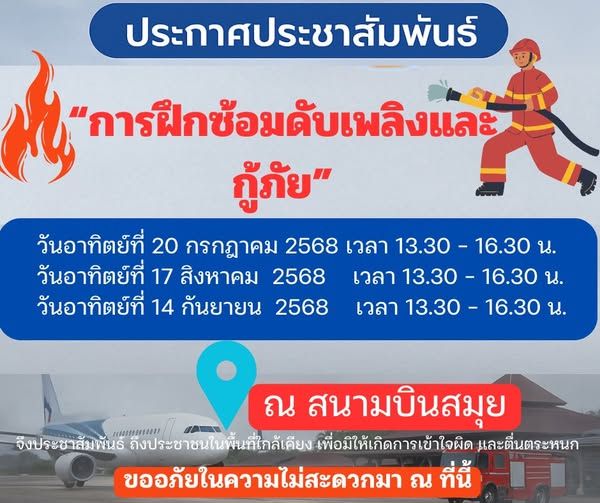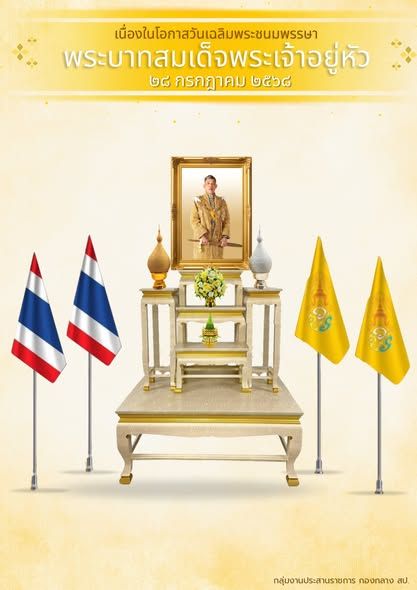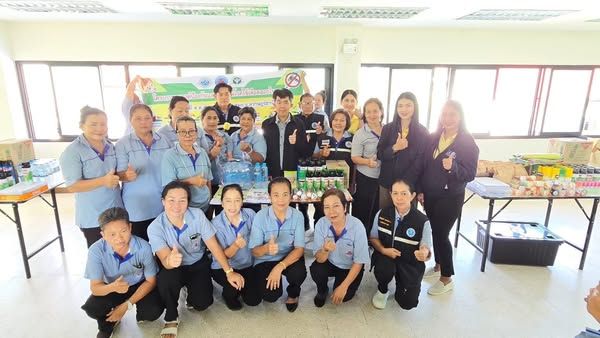Striking the Balance between China and the United States
As Thailand’s government faces the challenge of maintaining a balanced foreign policy amidst intense rivalry between the United States and China, Prime Minister Srettha Thavisin has embarked on key international visits, starting with the 78th Session of the United Nations General Assembly (UNGA78) in New York. In the U.S., he held talks with national leaders, heads of international organizations, and global company executives such as Tesla’s CEO, Elon Musk. PM Srettha’s upcoming visit to China further reflects the government’s efforts to maintain equilibrium in its relations with both superpowers.
Economic, Security, and Technology Focus
Foreign Affairs Minister Parnpree Bahiddha-Nukara emphasized the importance of economy, security, and technology during his recent policy discussion with officials at the Foreign Ministry. He plans to invite Thai ambassadors for a meeting in Thailand, expressing confidence in the government’s ability to reestablish Thailand’s prominence on the global stage.
Thailand’s Stance on International Conflicts
The new government’s approach to resolving the ongoing crisis in Myanmar remains uncertain. According to security and international relations expert Panitan Wattanayagorn, Thailand should maintain neutrality by discussing the crisis with other ASEAN members and collaborating with all sides involved in the Myanmar conflict. Panitan also highlights the significance of rebalancing towards the U.S. and addressing Thailand’s human trafficking issues to improve its rating in the U.S. Trafficking In Persons Report.
Maintaining Neutrality and Protecting National Interests
Anekchai Rueangrattanakorn, a lecturer at Chulalongkorn University’s faculty of political science, points out that the government aims to increase national income through proactive economic diplomacy with existing partners and new markets. He noted that PM Srettha’s speech at the UNGA78 should convey Thailand’s neutrality. Oratai Soparat, a lecturer from Naraesuan University Social Science Faculty, emphasizes the importance of focusing on security along Thailand’s western and southern borders.
Promoting Soft Power and Sustainable Development
Deputy leader of the Move Forward Party, Pol Maj Gen Supisarn Bhakdinarinath, suggests that the government should promote Thailand’s soft power by showcasing Thai boxing, food, local products, and cultural World Heritage sites. Additionally, he advises supporting efforts to manufacture carbon-neutral products for the global market, thus bolstering the economy.
As PM Srettha concludes his attendance at the UNGA78, it remains to be seen how the new government will accelerate its foreign policy efforts. Thailand’s National Security Council must also be consulted on issues related to maintaining a balance between the U.S. and China, and ensuring friendly relations with neighboring countries.




